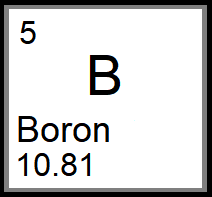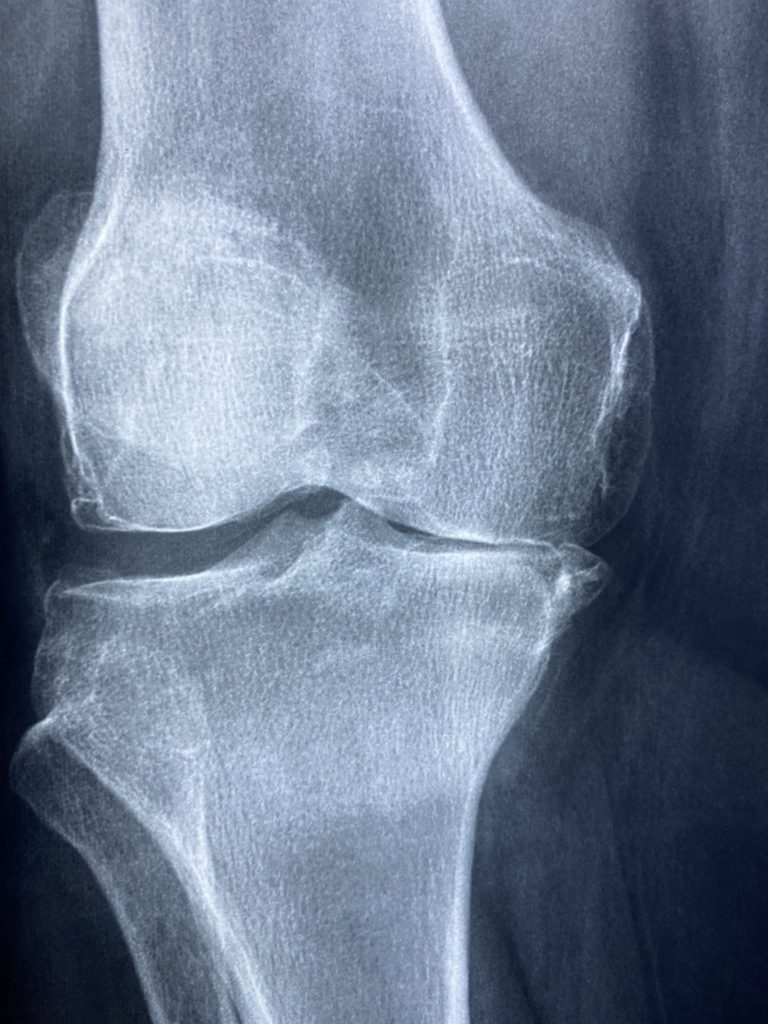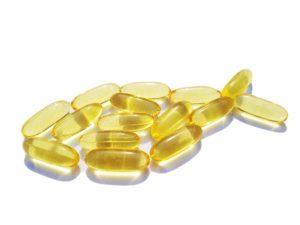Boron for Bone, Joint and Hormonal Health

When people think about vitamins and minerals, it’s unlikely that they think of boron. While not officially an essential mineral, evidence has accrued over the years that boron is important for bone and joint health among other functions.
Boron is commonly found in both boric acid and borax. Some foods also contain small quantities, including fruits, vegetables, nuts and beans (Nielsen 2014). And while there are plenty of online websites that decry the pronounced toxicity of boric acid, mostly due to its use as a roach killer, real world data suggests that the toxicity of boric acid for humans is fairly low. Still, boron containing substances need to be handled properly, as there are case reports of people having negative effects from large exposures, up to and including death (Lopalco 2020).
Health Effects of Boron
When consumed in nutritional amounts, boron appears to have a number of positive effects:
- Increased bone density
- Reduced inflammation and improved function in arthritis patients
- Potential hormonal support
Boron and Bone Health
Boron appears to have an affinity for bones. Initial animal studies found that the negative effects of vitamin D deficiency on bone were worsened when boron was deficient (Hunt 1994). Due to the effects seen in animals, human clinical trials have been explored. A small early study found that supplemental boron decreased calcium and magnesium loss in postmenopausal women, suggesting a benefit for bone mineralization (Nielsen 1987). Studies for osteoporosis directly found supplementation with boron to be supportive as well. In a recent review of the clinical studies, boron was shown to be helpful for preventing bone loss and maintaining bone density (Rondanelli 2020).
Boron and Arthritis

Reports on the benefits of boron for arthritis symptoms began around 1963 when an individual discovered that his arthritis was alleviated by taking small amounts of boron. Through word of mouth, additional individuals tried boron and claimed benefits as well (Newnham 1994). Unfortunately, in response, the Australian government declared boron a poison at any dose and banned the sale of boron supplements.
However, research continued and a small clinical trial found that half of arthritis patients had benefits with boron (Travers 1990). A more recent study in knee arthritis also found benefits with boron supplementation. After just two weeks, knee pain, stiffness and function improved by 25% (Pietrzkowski 2014).
In the autoimmune condition rheumatoid arthritis, boron was also found to be helpful. In the study, boron supplementation was combined with standard treatment. Boron improved tender joint count and morning stiffness better than placebo. Overall disease activity decreased and blood measures of inflammation were also reduced with boron (Hussain 2017).
Boron and Sex Hormones
While a number of studies have suggested that boron raises sex hormone levels, due to methodological problems in all of the human trials, the results are by no means definitive.
If boron does raise sex hormone levels, it may be partly due to its effects on sex hormone carrier proteins. Sex hormones are either bound to carrier proteins or “free.” Free sex hormones are active, while sex hormones bound to carrier proteins are not. It has been suggested that boron supplementation may decrease the binding of sex hormones to carrier proteins, increasing their biochemical activity (Bello 2018).
A small study on postmenopausal women found increased estrogen and testosterone with boron supplementation (Nielsen 1987). However, the results are questionable, since they used a methodology known to be inaccurate for measuring testosterone in women. A second study that used the same problematic techniques found no differences in postmenopausal women’s hormone levels (Beattie 1993).
Initial studies in men didn’t find effects on testosterone with boron (Ferrando 1993). However, more recent trials have found increased levels (Naghii 2009, Naghii 2011). While testosterone increased in both studies, estrogen moved in opposite directions. Again, due to concerns about the measuring techniques used, it is difficult to draw any firm conclusions about boron’s effects.
Upper Limit of Safety
Based on animal studies, a safe intake of about 8 mg of boron per day has been suggested (Hasegawa 2013). In Turkey, some local water supplies have up to 29 mg of boron per liter of drinking water. Even with these high levels of exposure, no negative effects have been noted (Sayli 1998). The institute of medicine set the upper limit of safety at 20 mg of boron per day, which seems like a reasonable compromise (Trumbo 2001).
Conclusions
Boron is a mineral that appears to have beneficial effects for reducing inflammation and arthritis, while supporting bone health. It may also impact hormone levels, but better quality research is needed to know for sure. As always, more research can help to clarify when boron is most indicated.



